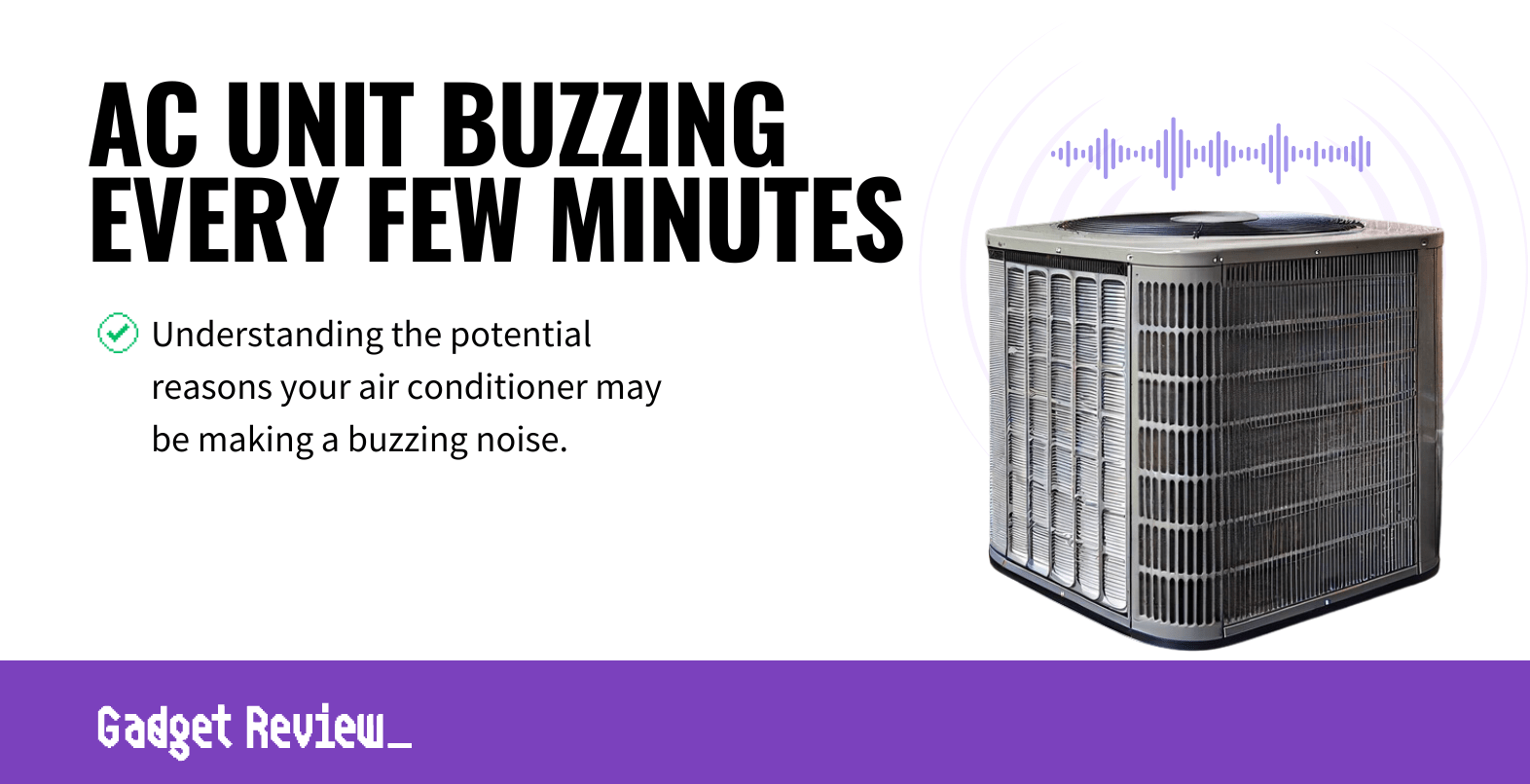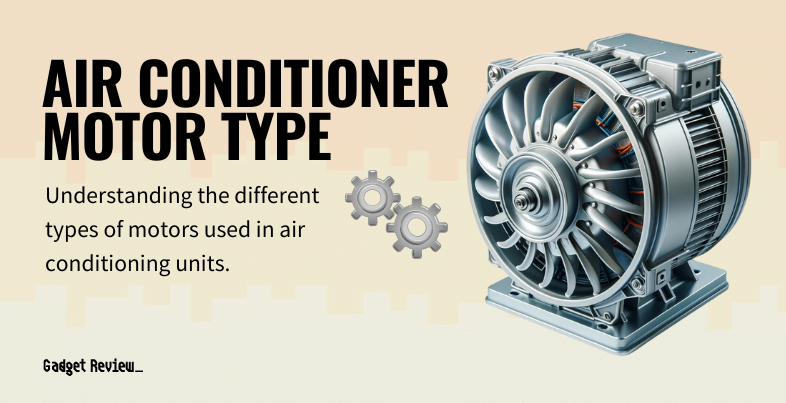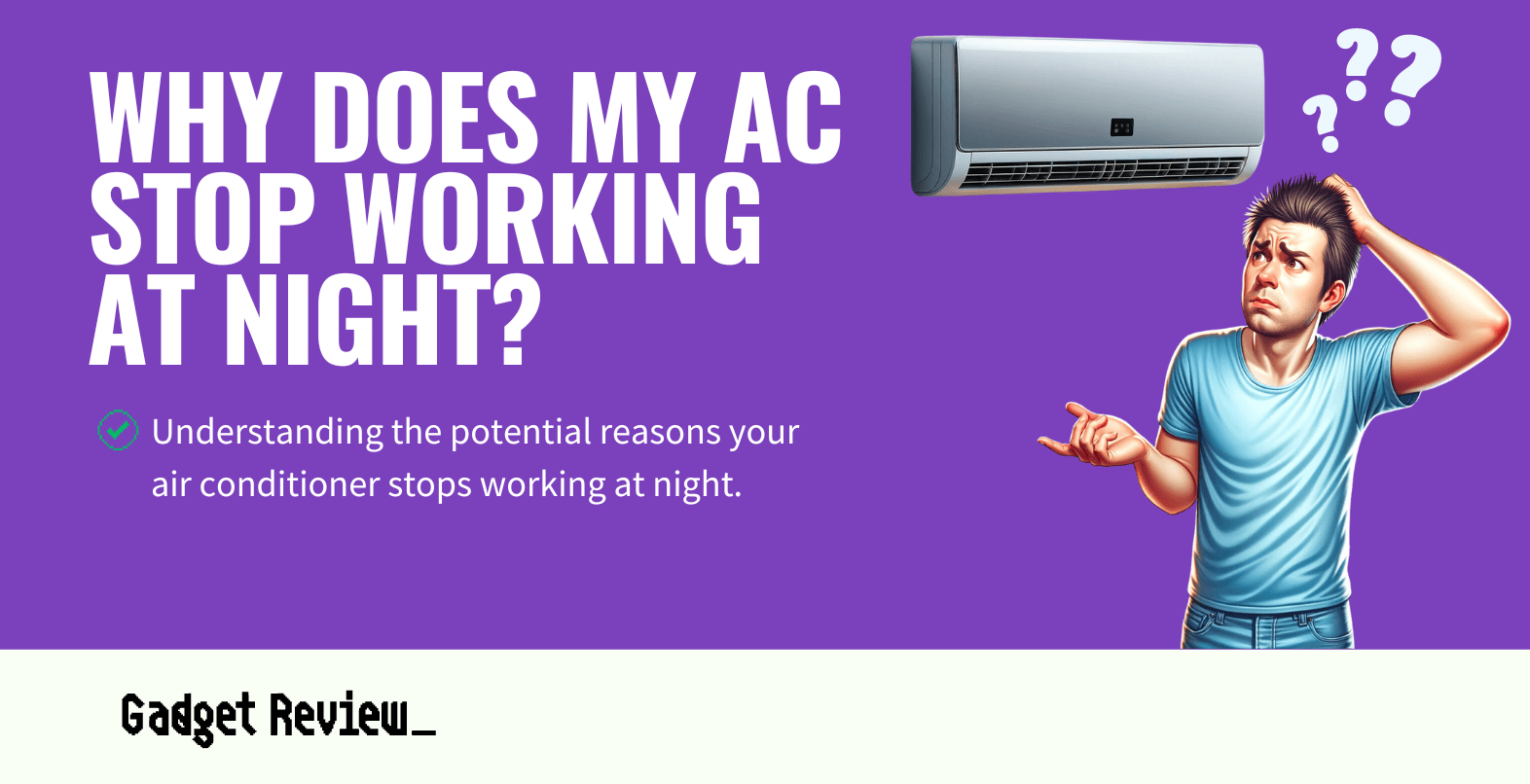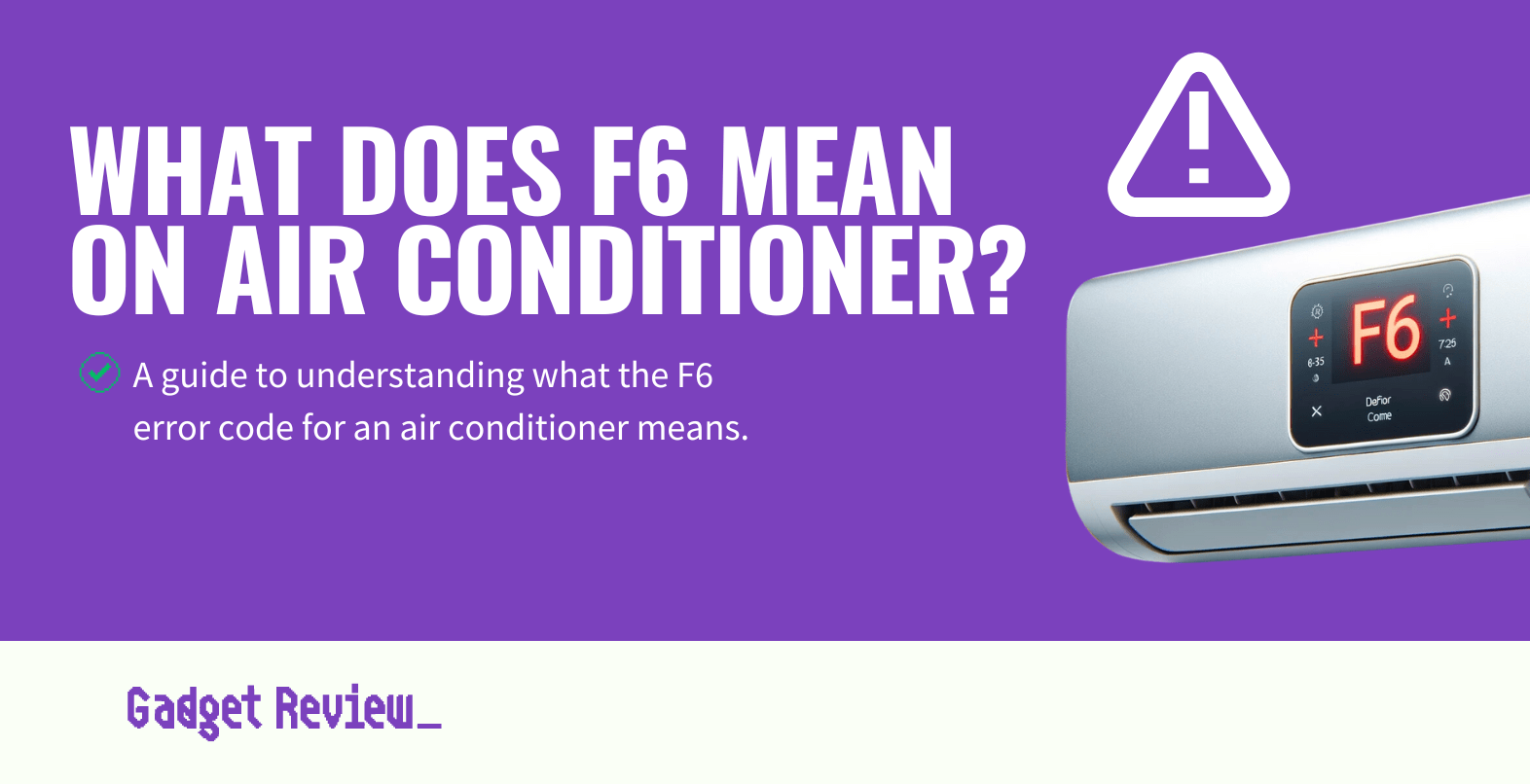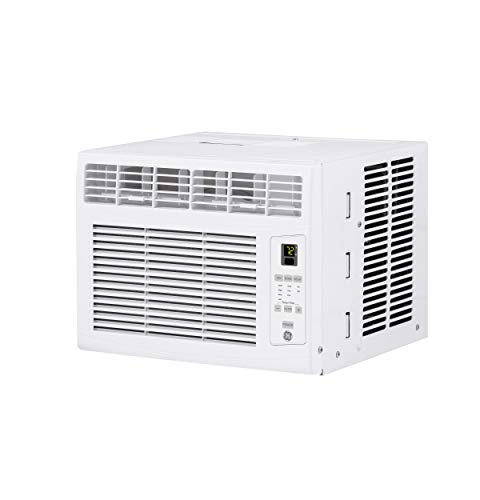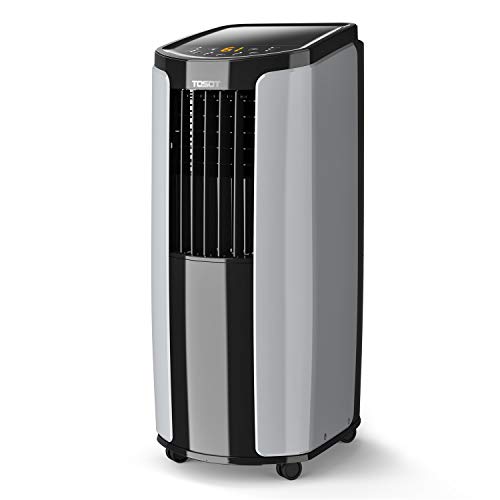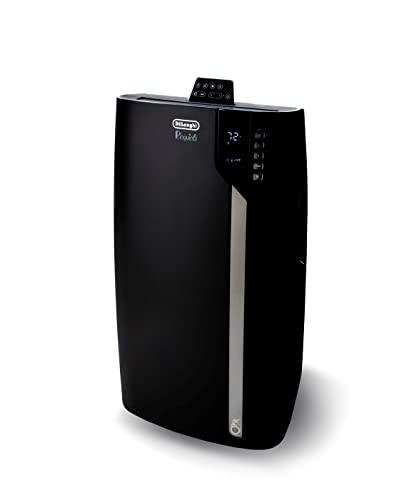Even the best air conditioner can develop issues over time, and it can be worrisome to hear loud buzzing sounds coming from your unit. Sometimes an AC unit may make a buzzing noise every few minutes. This can happen if the electrical connections are loose or the capacitor is failing. Luckily, simple measures like changing the air filter, inspecting the coils, and ensuring the AC unit is stable can stop this strange sound. Stick around to learn, “Why does my AC unit make a buzzing noise?”
Key Takeaways_
- Momentary buzzing from your AC unit is common, especially on high-temperature days, and is nothing to worry about.
- Loud humming sounds may indicate that a fan blade or electrical component has come loose inside the housing.
- A prolonged buzzing noise might also signify a frozen evaporator coil or a faulty compressor.
Why Is My Air Conditioner Buzzing?
Whether your AC hisses or makes an electric murmuring sound, these noises can indicate serious problems with the AC hardware.
For example, if you hear a pulsating noise when your AC starts, you likely have loose components or debris in the system.
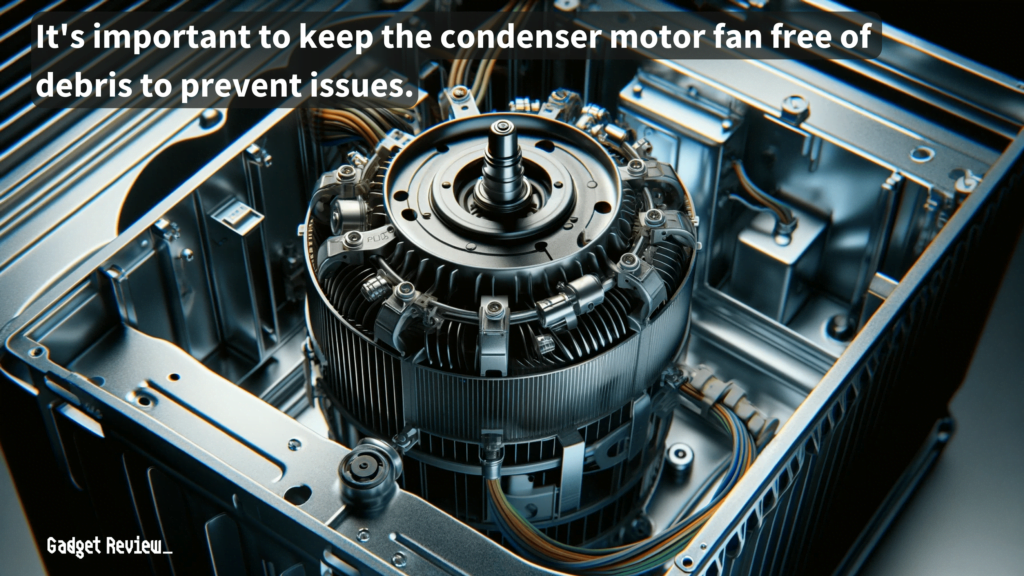
A bubbling sound may also be a sign of a refrigerant leak, which requires immediate attention. Loud noises coming from your air conditioner may signal it’s time for repairs or replacement. Always pay attention to the air conditioner noises that you hear.
Troubleshooting and Maintenance Tips
If your AC unit is buzzing every few minutes, it might indicate a problem with the compressor. Check out our guide on troubleshooting AC compressor not turning on for detailed steps. Additionally, while dealing with this issue, you might want to explore alternative cooling options such as the best evaporative cooler for efficient cooling. For those encountering drainage problems, learn how to unclog an AC drain line to ensure smooth operation and prevent potential water damage.
That said, some everyday noises do not indicate an issue, such as the clicking noise that is often heard when turning on or off a unit.
However, if there’s a hissing noise present instead of the expected clicking sound, then this may indicate a minor issue and should be addressed, and you can take specific steps to reduce the AC’s noise level.
insider tip
A dirty air filter can suffocate your air conditioning system, leading to strange noises and extra power consumption.
Understanding the difference between high cool and low cool can help you see how the use of your air conditioner can affect its performance.
Regular maintenance is crucial to prevent issues that can cause buzzing sounds. This includes cleaning or replacing air filters, checking refrigerant levels, and ensuring the outdoor unit is free from debris.
In the worst-case scenario, ignoring unusual sounds from your air conditioner, especially loud buzzing noises or strange buzzing noises, can lead to expensive repairs or having to buy a replacement.
Condenser Fan Motor Issue
When your air conditioning unit runs, the condenser fan motor blows air pulled in by the outdoor unit. Over time, dirt and debris become lodged inside, preventing the fan blade from spinning.
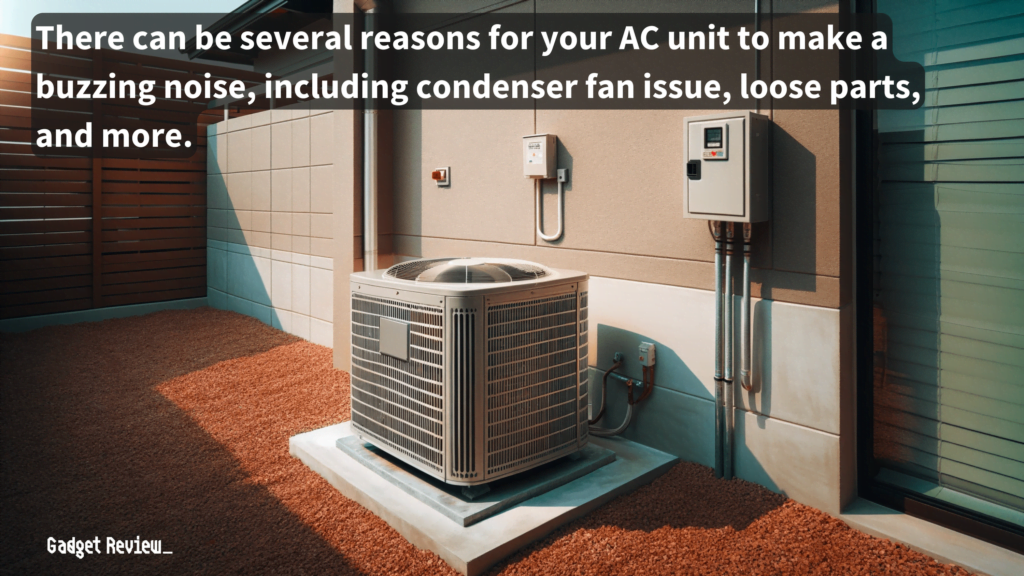
If the outdoor fan motor cannot function, it makes a buzzing or rattling noise. The humming sound can occur if the condenser coils and fans are dirty.
The condenser unit should be inspected regularly, and if there’s a dirty filter, it should be cleaned or changed. If you can still hear a noisy air conditioner, then it might need professional repair.
Loose Parts
Internal electrical components that aren’t adequately secured commonly cause buzzing inside your AC. When bearings are not correctly connected within the unit, they can vibrate, resulting in a continual hum.
This can cause a rattling sound or loud sound to be heard coming from the unit, making it difficult to determine the exact noise source. These little parts can impact the efficiency of your air conditioner and contribute to more costly difficulties over time.
Optimizing Your Cooling System
For those looking to optimize their air conditioning system, understanding the differences between central air vs. wall units can help you make the best choice for your space. Additionally, setting up your AC efficiently can save energy and money. Learn how to set a timer on your air conditioner to manage cooling effectively. Knowing the right BTU rating for your space is crucial. Understand the differences between BTU DOE vs. BTU ASHRAE to ensure you choose the correct unit for your needs.
Loose electrical connections or loose wiring can also cause a buzzing sound. It’s important to ensure that all electrical connections within the AC unit are secure and in good condition to prevent such noises.
Voltage fluctuations or issues with the refrigerant lines can influence how a window air conditioner operates, potentially leading to scenarios where the AC unit turns off unexpectedly or makes unusual sounds.
Contactor Issues
The buzzing sound from an AC unit every few minutes can be attributed to problems with the contactor. The contactor in an AC unit is responsible for starting the motor and compressor. If the contacts become loose or there are issues with the contactor itself, it can lead to intermittent buzzing sounds.
warning
Mold in your AC unit can pose serious health risks, so make sure to read our guide on dealing with mold in air conditioners to stay safe. To prevent overworking your AC unit, it’s important to know the coldest temperature for an air conditioner and avoid setting it too low. If you’re experiencing error codes, it’s essential to understand what E4 means on an AC and how to address it properly.
Compressor Issue
The compressor in your air conditioner pressurizes and chills the refrigerant. A faulty compressor motor can create a buzzing sound if there’s a misalignment or electrical issue.
AC compressor issues are a common AC issue that requires professional service from a qualified technician.
Replacing the compressor is a standard repair service since it is normal for a compressor to fail over time. You can learn more about AC Motors in our article on the different types of AC motors.
Frozen AC Unit
Refrigerant leaks can cause your AC’s internal components to freeze and vibrate. If you have a frozen air conditioning system, turn it off and let it thaw for a few hours.
STAT: According to a 2020 US EIA (Energy Information Agency) survey, 2% of Americans do not have control of their air conditioning equipment. (source)
A frozen unit, particularly a frozen coil, can lead to a scenario where the air conditioner, especially window air conditioners, turns off by itself to prevent damage.
If the humming noise returns, schedule a technician for air conditioning repair services.
Broken Isolation Foot
The compressor for the air conditioner is nearly always located at the bottom of the unit. It is typically supported by a little rubber foot, often known as an isolation foot.
Over time, the rubber on this piece can break or deteriorate. This causes the compressor to become imbalanced, creating a buzzing noise when the air conditioner runs.
Capacitor Problems
Capacitor issues, such as a bad capacitor or faulty capacitor, are common reasons behind AC sounds, including a soft clicking sound or buzzing noises. The capacitor provides the necessary start-up energy for the AC unit’s motor and compressor.
warning
If you’re considering using an AC mister to improve efficiency, be cautious and read about whether AC misters really work. For those looking into advanced cooling systems, comparing a chiller vs. an air conditioner can help you determine which system is better suited for your requirements. Be sure to weigh the pros and cons carefully. An AC air exchanger might be the solution you need, offering benefits such as better ventilation and air purification.
If it’s malfunctioning or on the verge of failure, it might cause intermittent buzzing sounds as it tries to start the motor or compressor.
However, if needed, we have a great guide on testing an AC capacitor if you think that is the issue.
Professional Inspection
If the buzzing sound persists, it’s advisable to have a professional HVAC technician inspect the unit. They can diagnose the issue accurately and recommend the appropriate repairs or adjustments.

An expert HVAC professional can identify whether the unusual noise is due to common noises or more serious issues like faulty wiring or broken fan motors.
Proper maintenance by a qualified technician ensures the indoor unit and outdoor components work in harmony, preventing common sounds from escalating into unusual sounds.

